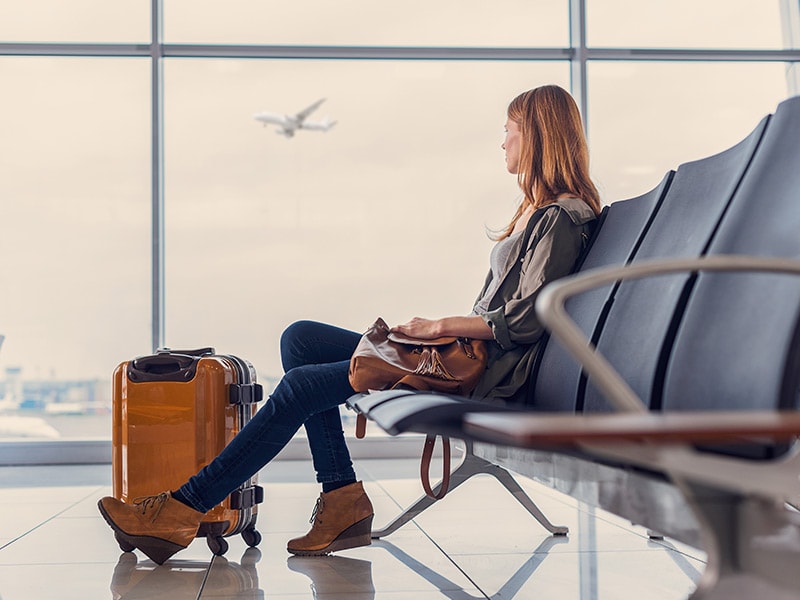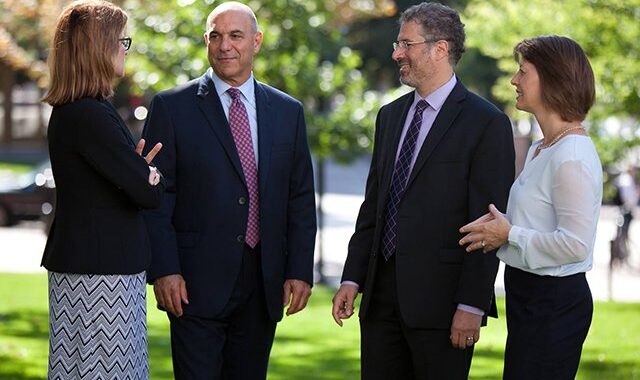New rules for reimbursement of business trips

How will employees be reimbursed for travel expenses
Employees will now be able to be reimbursed for travel expenses both within the country and abroad if they are detained for personal reasons. Simply put, it is possible to go on a business trip earlier or return a few days later if you need to stay on personal business.
In this case, the employer will pay for the cost of the tickets (which would have to be bought already, but on different dates). The main condition is that extra days on a business trip may fall on weekends, public holidays and public holidays, but not working days.
For example, if a business trip is planned for three days – from Monday to Wednesday, you can leave on Saturday or Sunday. And the employer will pay for the ticket.
If you do not provide supporting documents on travel expenses, the employer will reimburse only 0.1 base units – 2.55 rubles.
But there is a nuance: housing costs and per diems for “extra” days will not be paid.
Another change is that tenants will be able to reimburse the cost of taxi rides and car rental abroad. But to do this, it is necessary to provide supporting documents.
When travelling abroad, it is possible to use a taxi to transfer to the station, airport or wharf, as well as from the station, airport or wharf to the place of departure, destination and transfer on internal lines of rail, air, water and road transport.
Employers do not need to reimburse the cost of tickets provided by the receiving party. In such a case, the employee is not required to submit supporting documents to the employer.
There is also no need to pay for travel expenses if the traveller has been provided with means of transport or has the right to travel free of charge.
What changed in the reimbursement of living expenses
We also changed the scheme of reimbursement of housing costs: payments now depend on the locality. For example, in regional centers and Minsk, the amount of compensation is now Br50, in district centers – Br25, in other settlements – Br20. At the same time, sentries do not need to provide supporting documents.
Confirmation documents are needed only if the amount exceeds the established limits. But the amount of compensation in this case can not exceed the cost of a single room in the hotel accommodation. This requirement applies both to business trips within Belarus and abroad.
At the same time, some countries have raised the maximum amount of money that can be spent on accommodation. For example, for Austria – from 100 to 130 euros, for Argentina – from $120 to $135, for Bulgaria – from 90 to 105 euros.

Previously, the costs of renting accommodation on a business trip were reimbursed within the cost of a single room in a hotel. But it was necessary to have supporting documents. And if there were no documents confirming payment of expenses on rent of premises, 2,5 rubles was paid.
In case of payment or actual provision by the receiving or sending party of the dwelling premises abroad, the compensation of expenses on renting the dwelling premises is not made.
What’s changed for international drivers
Some of the changes concern the reimbursement of travel costs for drivers engaged in international road transport.
The rules by which these specialists are sent on business trips are set out in a separate chapter. The amount of compensation for living expenses and daily subsistence allowance without providing supporting documents is specified here:
- for the period of stay within Belarus – not more than five times the size, but not less than a single amount of daily allowance (that is, from 9 to 45 rubles);
- for the period of stay abroad – up to EUR 150 inclusive, but not less than EUR 25.
At the same time, the employer must determine the exact amount and procedure for calculating the total payment per day.
What else has changed for the employers
Employers have been allowed to set up a mission assignment at their discretion and request a written report on its implementation and the time frame for submission.
Employers were also exempted from the need to keep a log of employees who are going on business trips. This used to be mandatory.
Do the new rules apply to those who went on a business trip before the changes?
Resolution of the Council of Ministers No. 176 comes into force on March 23 this year. The document applies to employees who were sent on a business trip from this date. If the employee is now on a working trip, which he went to before March 23, he will be finally counted on the old rules.


 CBD’s Impact on Digestive Health
CBD’s Impact on Digestive Health  Omega-3 for Vegetarians
Omega-3 for Vegetarians  The Science Behind Shake Ingredients
The Science Behind Shake Ingredients  The Role of Accident Attorneys
The Role of Accident Attorneys